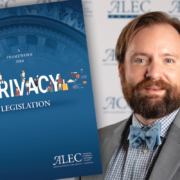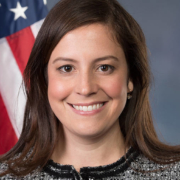Privacy is en vogue. Policymakers from Washington, D.C. to Washington state are talking about it. To protect consumers, state lawmakers crafting or reviewing privacy legislation should keep several things in mind.
Information generated by or about individuals has become a key driver for the American economy. As a result, much of the proposed and enacted legislation focuses on corporate behavior—what corporations must do to collect and use data—rather than on solving any “privacy problem.” While most state proposals make it more difficult to collect and use information, they are not complete bars to the use and collection of data.
State lawmakers should be wary of proposals that do little other than restrict the flow of information, constrict the online marketplace, and ensconce incumbent platforms. These types of proposals – and many existing “privacy” laws – fail to answer one essential question: What consumer harms are policymakers trying to prevent or protect against?
Policymakers need to understand what “privacy” really is and define the “problems” they are trying to solve. In doing so, policymakers should be guided by traditional American understandings of privacy and know how regulations may impact the economy. To avoid creating a confusing patchwork of state privacy laws, lawmakers should be cognizant of what other states are proposing.
While no easy task, policymakers should endeavor to protect consumers from actual, concrete harm while allowing the greatest flexibility for innovators and the private sector. Their decisions have the potential to disrupt innovation and the flow of information or to encourage innovation by providing guardrails and regulatory certainty.
A single, federal standard preempting state privacy laws could provide such certainty, but the federal government is unlikely to pass anything soon. Because of this inability to act, state privacy legislation will continue to impact America’s innovation economy. For lawmakers interested in learning more, the American Legislative Exchange Council’s recent publication, A Framework for Privacy Legislation, will serve as an invaluable resource.
–Jonathon Paul Hauenschild, Director for the American Legislative Exchange Council’s Task Force on Communications and Technology and the author of ALEC’s recently released Framework for Privacy Legislation



